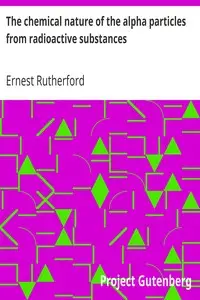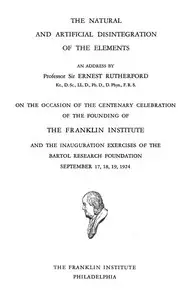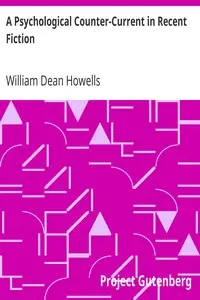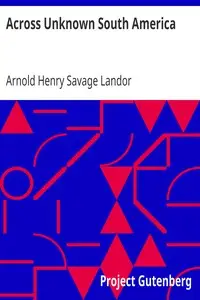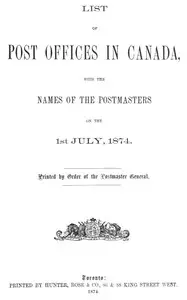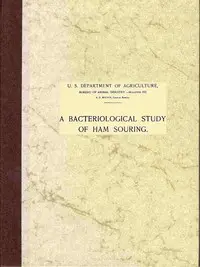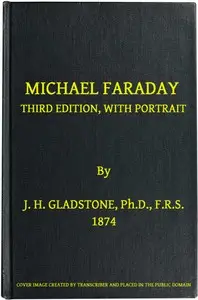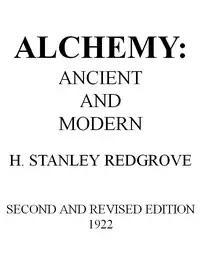"Radio-Activity" by Ernest Rutherford is a scientific publication written in the early 20th century. The book provides a thorough examination of naturally radio-active substances, summarizing experimental findings and the theoretical frameworks that help explain the complex phenomena associated with radioactivity. The opening of "Radio-Activity" introduces the evolution of scientific understanding regarding radio-active materials and their properties. Rutherford reflects on past discoveries, including the works of Henri Becquerel and the early explorations of X-rays, leading to the advancement of theories on spontaneous disintegration of radioactive atoms. He emphasizes the rapid growth of knowledge in the field and outlines the significance of the disintegration theory in correlating a vast array of experimental data. This foundation sets the stage for a more detailed exploration of the ionization theory of gases, the methods of measuring radioactivity, and the ongoing developments in the study of radio-active minerals. (This is an automatically generated summary.)
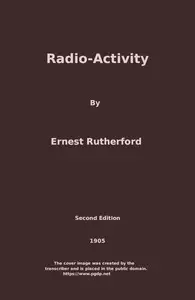
Radio-Activity
By Ernest Rutherford
"Radio-Activity" by Ernest Rutherford is a scientific publication written in the early 20th century. The book provides a thorough examination of natur...
Genres
Released
2021-03-04
Formats
epub
mobi
epub3 (images)
mobi (images)
epub (images)
Free Download
Overview
About the Author
Ernest Rutherford, 1st Baron Rutherford of Nelson,, was a New Zealand physicist who was a pioneering researcher in both atomic and nuclear physics. He has been described as "the father of nuclear physics", and "the greatest experimentalist since Michael Faraday". In 1908, he was awarded the Nobel Prize in Chemistry "for his investigations into the disintegration of the elements, and the chemistry of radioactive substances." He was the first Oceanian Nobel laureate, and the first to perform the awarded work in Canada.
Total Reviews
10.0k
Total reviews from Goodreads may change

